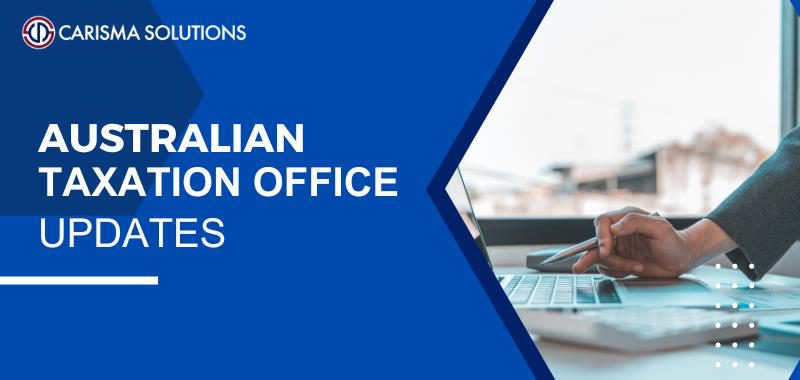Our ATO updates blog provides key tax updates and regulatory changes. Stay informed with the latest insights to ensure compliance and informed decision-making.
Prepare to lodge your quarterly TBAR
If your SMSF had Transfer Balance Account events in the last quarter, you must lodge a TBAR by 28 April 2025.
Self-Managed Super Funds (SMSFs) report certain events that affect members Transfer Balance Account quarterly using Transfer Balance Account Reporting (TBAR). You must report these events even if the member’s total superannuation balance is less than $1 million.
TBARs for the March quarter are due on 28 April 2025. If you don’t report on time, you may be subject to compliance action and penalties and your member’s transfer balance account may be adversely affected. The member may need to commute any amounts more than their cap and pay more in excess transfer balance tax.
Refer to Event-based reporting for SMSFs and the TBAR instructions when preparing your TBAR.
The easiest way to lodge is through Online Services for Business.
You’re not required to lodge if there were no transfer balance account events during the quarter.
Understanding Early Access to Super
Superannuation is intended to support people during their retirement. There are only a few situations where early access to super is permitted and if you take out your super without meeting these conditions, serious penalties could apply.
Illegal early access is the most significant regulatory risk impacting the SMSF sector, with an estimated $250.1 million in illegal early access from SMSFs in the 2021–22 period. It can have a significant impact on an individual’s retirement savings, result in additional tax, penalties, and interest.
To reduce illegal early access through SMSFs, we provide support and guidance on obligations as a trustee, review new registrants, and remove non-compliant SMSFs from SuperFund Lookup. If an SMSF is removed from SuperFund Lookup, it cannot receive contributions and may face liquidity issues.
If you’re a SMSF trustee and you illegally release benefits to a member who hasn’t met a condition of release, you may face administrative penalties and be disqualified as an SMSF trustee.
If you have illegally accessed your super or been involved in a scheme promoting illegal early access, contact the ATO immediately using ATO’s voluntary disclosure service. The ATO will take your voluntary disclosure and circumstances into account when determining any penalties.
The ATO also investigate late or non-lodgments of SMSF Annual Returns (SARs) as that can be an indicator to the ATO that SMSF members may be illegally accessing their super early and it raises questions about the trustees’ ability to fulfill their obligations and the purpose of having an SMSF.
The ATO continue to collaborate with ASIC to identify non-compliant funds and take corrective actions.
For more information, the ATO has a factsheet to help individuals understand:
- Permitted reasons you can access your super
- Risks of accessing your super early
- Steps to take if someone offers to help you access your super early.
Prohibited loans
Loans to members are prohibited under the law and can result in significant penalties, regardless of whether repayments are made.
In the 2021–22 financial year, the amount inappropriately withdrawn from SMSFs via prohibited loans was estimated to be $231.7 million.
ASIC proposes Public Dashboard for Financial Firms’ Compliance Data
ASIC has released Consultation Paper 383 “Reportable situations and internal dispute resolution data publication” (CP 383), outlining plans to publish 2 dashboards containing firm-level Reportable Situations (RS) and Internal Dispute Resolution (IDR) data in the second half of 2025. This initiative aims to enhance transparency and accountability in the financial sector.
Australian Financial Services (AFS) and credit licensees are required to report compliance breaches under the RS regime, while the IDR regime mandates certain financial firms to report all complaints received through their IDR processes.
ASIC is implementing a streamlined engagement process for stakeholders by seeking feedback on both data publications through a single process. The consultation aims to assess the full impact of the data publication proposals and consider alternative approaches.
Submissions are due by COB Wednesday 14 May 2025.
Source: Australian Taxation Office & Institute of Public Accountants




